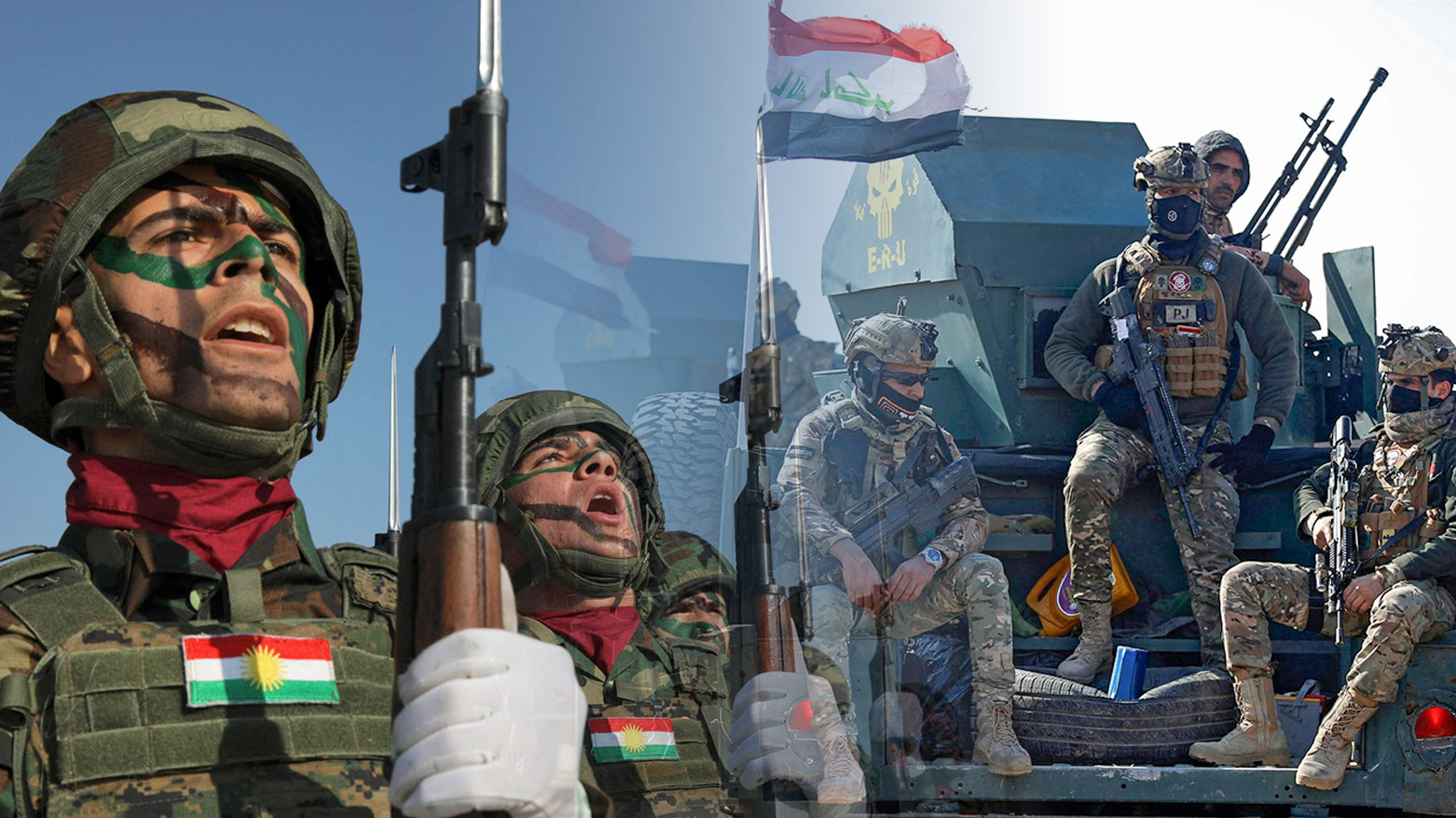Iraqi Defense Ministry to form 20th Joint Brigade with Peshmerga

ERBIL (Kurdistan 24) – The Iraqi Defense Ministry has called on all members of the 20th Joint Brigade to join training centers in Kirkuk, Nineveh, and Diyala provinces by Dec. 2.
Deputy Speaker of the Iraqi Parliament and senior Kurdistan Democratic Party (KDP) member Shakhawan Abdullah said on Saturday that "We met with Abdul Amir Rashid Yarallah al-Lami tonight about the 20th Brigade and decided to solve all issues regarding the Brigade in order to start working.”
Earlier, Peshmerga Deputy Chief-of-Staff and Major-General Qaraman Sheikh Kamal told Kurdistan 24 that within the framework of the agreement between the Peshmerga Ministry and the Iraqi Armed Forces to form two joint brigades, the Peshmerga Ministry has appointed its units for the joint brigade.
On Aug. 27, Peshmerga Commander and Brigadier Hemn Hassan told Kurdistan 24 that the duty of the two joint brigades is to protect the security gaps and prevent ISIS from using these areas as their bases.
And before then on June 25, Iraqi Defense Minister Thabet Muhammad al-Abbasi told Kurdistan 24 that the formation of the joint brigade is included in the Iraqi budget law.
"The formation of the brigade has been approved in coordination with the Peshmerga forces," the Iraqi Defense Minister added.
Following the ouster of Peshmerga forces in 2017 by the Iraqi forces and Shiite militias, the so-called security vacuum has widened in the disputed territories, allowing ISIS remnants to regroup and launch hit-and-run attacks.
“Security vacuum” is the term widely used by officials from Iraq, the Kurdistan Region, and the US-led anti-ISIS Coalition to describe the lack of unified military communication and strategy in large tracts of land ranging from Khanaqin in central Diyala province to Mosul in the north.
In addition to joint operations, Kurdistan Region officials regularly call on Baghdad to speed up the formation process in order to prevent the terror group's resurgence.
